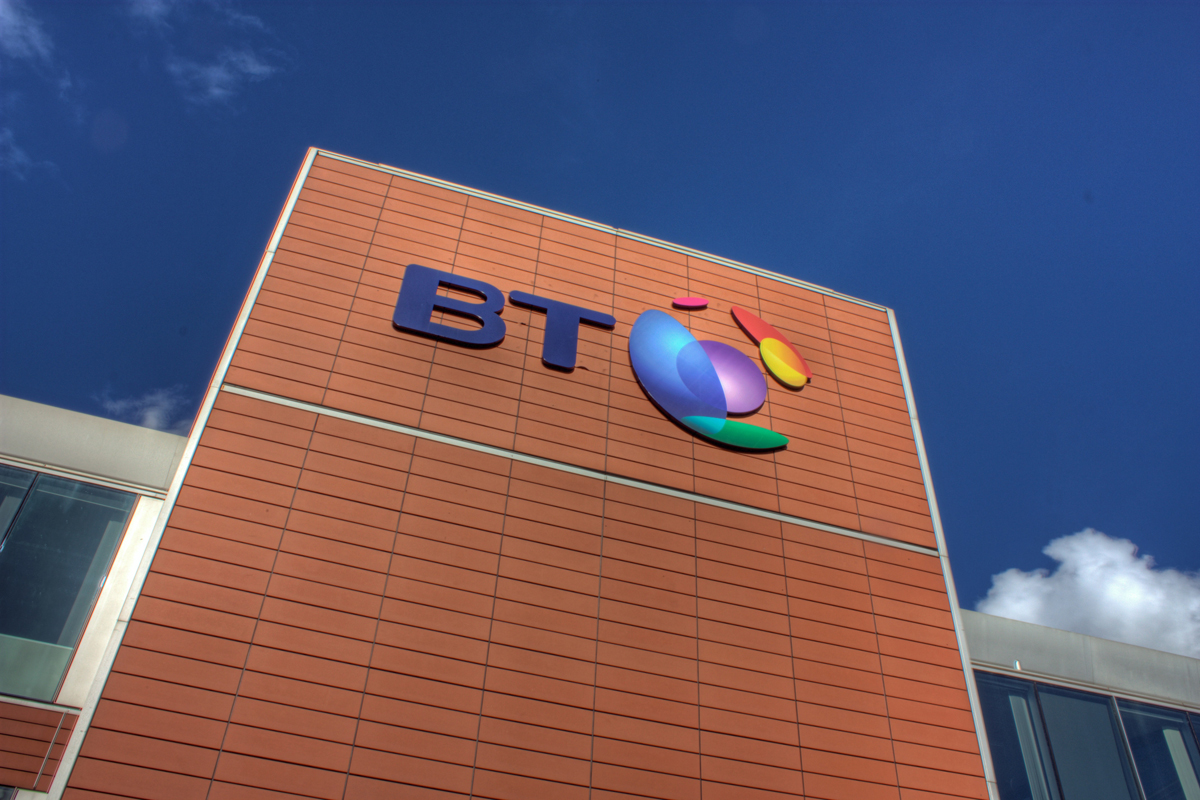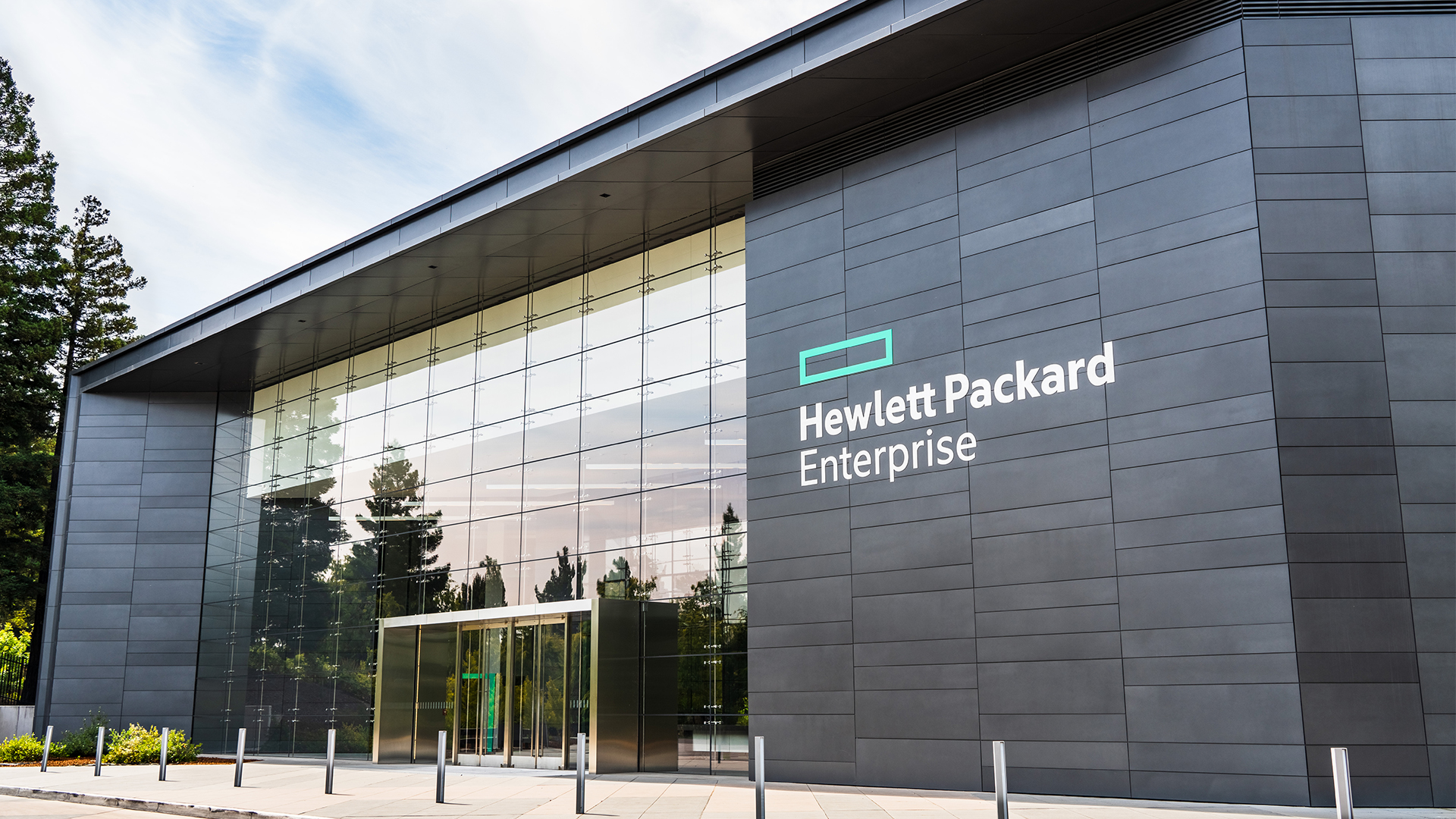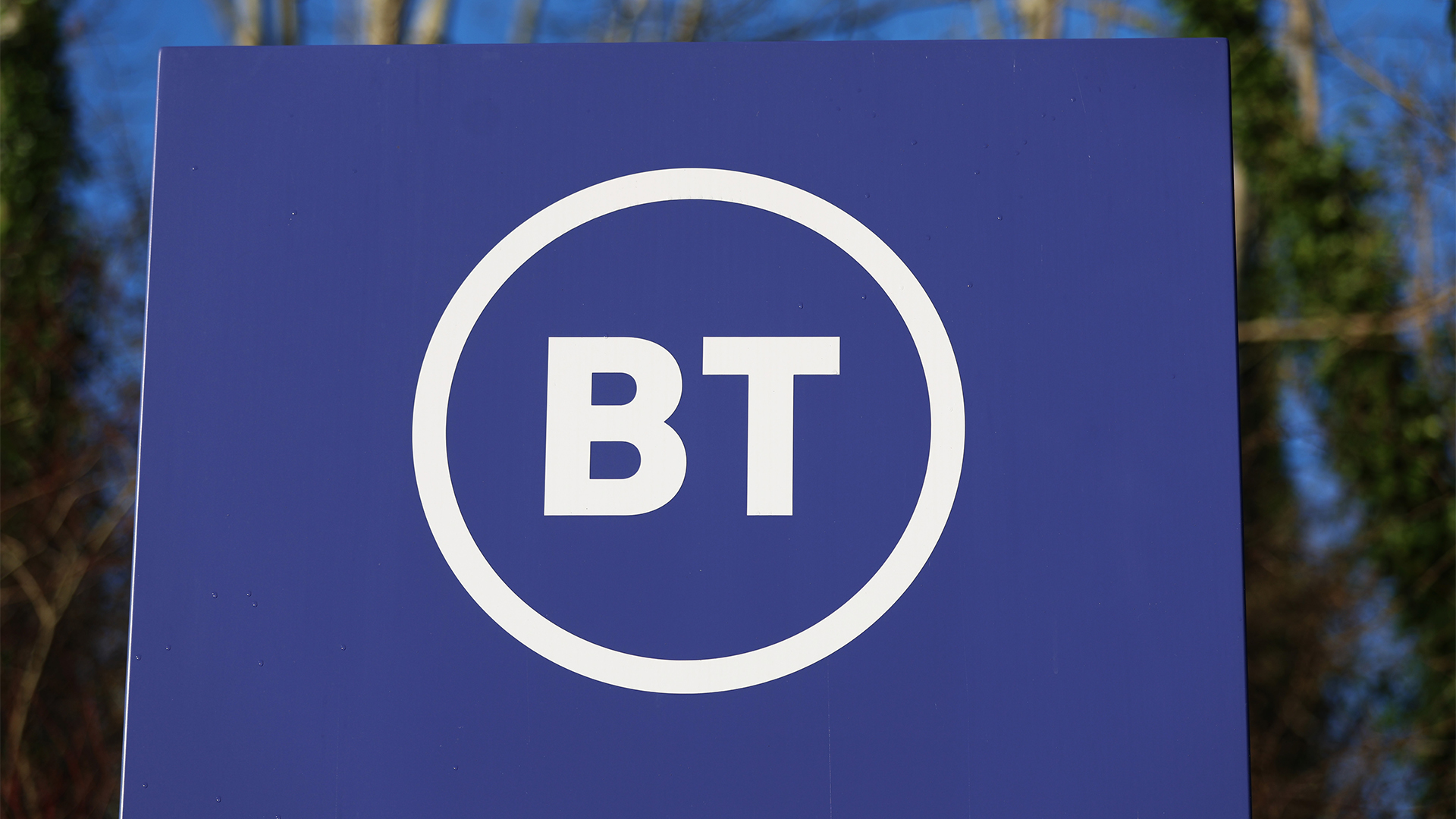BT fibre PIA plans 'fatal' to competition
Geo Networks slams BT's PIA pricing and the lack of flexibility for those who buy into the fibre infrastructure.


BT today revealed it is to start selling its fibre broadband infrastructure product to other providers this month, but the announcement was met with one particularly cold response.
Geo Networks, which is helping deliver superfast networks in Wales in partnership with the Welsh Assembly, said it was going to withdraw bidding for Government-provided BDUK funds and in all next-generation access sales.
Geo claimed the market was "not contestable." Two key reasons for Geo's decision surrounded pricing for Physical Infrastructure Access (PIA) and "heavy restrictions" over what can be done with infrastructure.
The Government's stated desire for a competitive market in the provision of new optical fibre infrastructure is at risk of complete failure.
The company's claims came after industry bickering over PIA, which BT sought to resolve by dropping prices and organising trials with other ISPs to test how fibre infrastructure sharing would work.
BT believes its PIA pricing is 38 per cent below the European average for access in rural areas.
"Whilst pricing may have reduced for the current PIA product (still not far enough in our view), the real issue is that it can only be used for providing the final drop from local exchange to a residential broadband consumer's house," Chris Smedley, Geo's CEO said.
Get the ITPro daily newsletter
Sign up today and you will receive a free copy of our Future Focus 2025 report - the leading guidance on AI, cybersecurity and other IT challenges as per 700+ senior executives
"PIA cannot be used for the far more costly task of crossing the long distances in rural areas to get to these remote communities (backhaul) making the idea of being able to build new fibre connections within them faintly ludicrous.
"It cannot be used to connect mobile or wireless infrastructure (a critical way of quickly rolling out competitive services in hard to reach geographies) and it cannot be used to provide leased lines to businesses. Quite simply, our business case does not stack up because of these restrictions."
Smedley claimed BT does not suffer the same restrictions as other providers and would be able to backhaul traffic over long distances over fibre.
"For what has to be a 10 to 15 year business case, these inadequacies of the current PIA product are fatal to infrastructure competition," he added.
"The Government's stated desire for a competitive market in the provision of new optical fibre infrastructure is at risk of complete failure."
BT said it was disappointed by Geo's decision.
"Geo's departure is disappointing but hardly a surprise given fibre deployment requires a high degree of commitment and expertise," a BT spokesperson said.
"It is ironic that Geo are trying to blame BT, Ofcom and BDUK for their withdrawal at the same time that the major players are making such good progress."
Reasons to be cheerful?
Prior to Geo's outburst, it seemed the PIA wars were calming down amidst optimistic statements from industry players.
"We've never been 'at war' with anyone over PIA," a BT spokesperson told IT Pro.
"The process has always been one of conciliation. Other companies now have all the information they need to compete with Openreach for BDUK funds. The time for talking is over."
BT's PIA product is to be made available to other ISPs in the next two weeks, as industry players seek to find effective ways of taking fibre out of urban areas.
Fujitsu, which had also raised concerns about BT PIA pricing, this week kicked off a trial in the Wirral using BT ducts and poles to supply customers with fibre.
The vendor was upbeat about work so far, although admitted "there are still some points of detail" it was working through before BT launched the commercial product.
"We've been reassured by Openreach's collaborative approach towards pricing and product development, which gives us the confidence to move forward," said Andy Stevenson, CEO of Fujitsu Telecommunications Europe.
When BT announced its PIA price cuts in October, not all were happy. Chief rival Virgin said many of the key pricing issues had not been resolved, in particular ancillary charges.
"There remains significant disparity between what BT is proposing and what industry knows the costs to carry out the work are," a spokesperson said at the time.
Tom Brewster is currently an associate editor at Forbes and an award-winning journalist who covers cyber security, surveillance, and privacy. Starting his career at ITPro as a staff writer and working up to a senior staff writer role, Tom has been covering the tech industry for more than ten years and is considered one of the leading journalists in his specialism.
He is a proud alum of the University of Sheffield where he secured an undergraduate degree in English Literature before undertaking a certification from General Assembly in web development.
-
 Should AI PCs be part of your next hardware refresh?
Should AI PCs be part of your next hardware refresh?AI PCs are fast becoming a business staple and a surefire way to future-proof your business
By Bobby Hellard Published
-
 Westcon-Comstor and Vectra AI launch brace of new channel initiatives
Westcon-Comstor and Vectra AI launch brace of new channel initiativesNews Westcon-Comstor and Vectra AI have announced the launch of two new channel growth initiatives focused on the managed security service provider (MSSP) space and AWS Marketplace.
By Daniel Todd Published
-
 HPE eyes enterprise data sovereignty gains with Aruba Networking Central expansion
HPE eyes enterprise data sovereignty gains with Aruba Networking Central expansionNews HPE has announced a sweeping expansion of its Aruba Networking Central platform, offering users a raft of new features focused on driving security and data sovereignty.
By Ross Kelly Published
-
 Extreme Networks targets simplicity with Platform ONE for MSPs
Extreme Networks targets simplicity with Platform ONE for MSPsNews Extreme Networks has announced a new program for MSPs which includes access to its Extreme Platform ONE to address cost challenges.
By Daniel Todd Published
-
 Zyxel Networks targets cloud networking growth with new partner program
Zyxel Networks targets cloud networking growth with new partner programNews The revamped initiative places an increased focus on the firm’s Nebula cloud platform
By Daniel Todd Published
-
 Equinix acquires BT's Irish data centers in €59 million deal
Equinix acquires BT's Irish data centers in €59 million dealNews As BT moves to an asset-light business model, Equinix looks to expand
By Emma Woollacott Published
-
 Closing the connectivity gap
Closing the connectivity gapWhitepaper Five reasons full fibre broadband is a game changer for your business
By ITPro Published
-
 Fortify your future: How HPE ProLiant Servers deliver top-tier cyber security, management, and performance
Fortify your future: How HPE ProLiant Servers deliver top-tier cyber security, management, and performanceWhitepaper Deploy servers with a secure approach
By ITPro Published
-
 Fortify your future with HPE ProLiant Servers powered by Intel
Fortify your future with HPE ProLiant Servers powered by IntelWhitepaper Enhance your security and manage your servers more effectively
By ITPro Published
-
 BT just extended the PSTN switch-off deadline — here’s what you need to know
BT just extended the PSTN switch-off deadline — here’s what you need to knowNews BT described the move as a “revision”, citing a series of improvements to the wider PSTN switch-off programme
By George Fitzmaurice Published